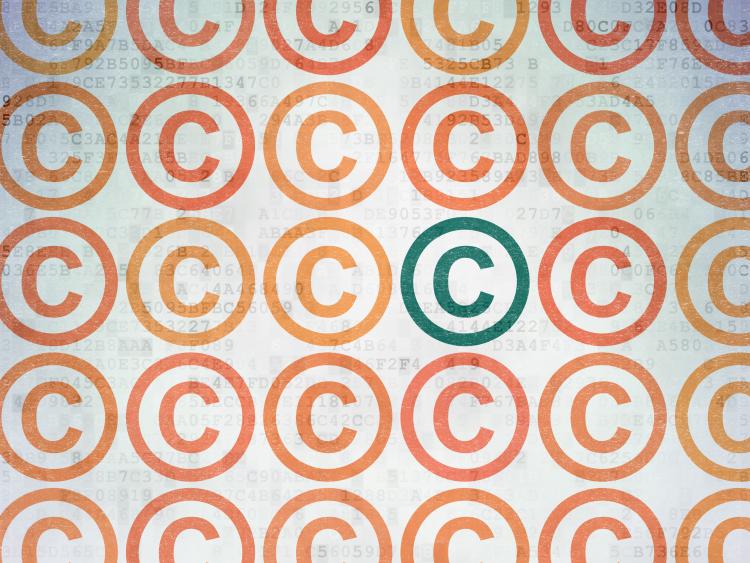
On September 23 and 24, 2019, the Federal Court of Canada began hearing arguments for and against certifying a reverse class action, where a single plaintiff takes steps to commence an action against a class of defendants with respect to a file-sharing copyright infringement case.
The plaintiffs, a group of movie production companies, are suing a proposed defendant class of Canadians for copyright infringement under sections 27(1), 27(2), and 27(2.3) the Copyright Act, RSC, 1985, c C-42. The defendant class, intended to target internet subscribers at large, is both unlimited in number and unidentifiable.
Section 334.16 of the Federal Courts Rules, SOR/98-106, outlines five criteria that must be met to merit the certification of a reverse class proceeding: (i) the pleadings disclose a reasonable cause of action; (ii) there is an identifiable class; (iii) the claims raise common law questions of law or fact; (iv) a class proceeding is preferable for the just and efficient resolution of these questions; and (v) there is a representative plaintiff who meets the enumerated requirements set out in the Section. Concerns have been raised with respect to the unspecified range of time for the alleged infringement, as well as the challenges regarding identifying the potential class members from a public-facing IP address.
In Canada, reverse class actions are not commonly used. If this reverse class proceeding is certified, greater obligations may be placed on internet subscribers to closely monitor and control the access and use of their internet connection.
Summary By: Alessia Monastero
E-TIPS® ISSUE
Disclaimer: This Newsletter is intended to provide readers with general information on legal developments in the areas of e-commerce, information technology and intellectual property. It is not intended to be a complete statement of the law, nor is it intended to provide legal advice. No person should act or rely upon the information contained in this newsletter without seeking legal advice.
E-TIPS is a registered trade-mark of Deeth Williams Wall LLP.